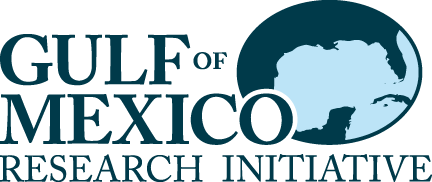Summary:
Uncertainty quantification has become a major concern for a wide range of communities. Simulation codes must account for uncertainty in some of the intrinsic parameters of the problem and provide confidence intervals and statistics of the outputs. We have developed a technique to characterize the relationship between a small number of quantities derived from the physical systems modeled by large-scale (differential) equations and parameters in the model.
The technique combines ideas from a standard uncertainty quantification approach known as Polynomial Chaos and efficient representation of functions via compressed sensing. It does not require modification of legacy codes used to evaluate the governing equations for particular samples of the parameters and accurately approximates the relationship between the derived quantities and the parameters using far fewer model evaluations than standard techniques. It has been demonstrated using Shallow Water Equations to model the effect of an underwater seismic event on coastal sea heights.
We propose to investigate the use of this technique for two main tasks:
(i) To efficiently and effectively create functions describing the relationship between characteristics of the evolution of an oil spill (e.g., concentration of the oil at particular points in time and space) and particular model parameters
(ii) To investigate the potential for improving the efficiency and reduce the complexity of complicated simulation codes that evaluate physical models by using the functions generated in Task (i) to replace detailed simulations of portions of the models.
These functions will be of interest to planning activities that need a reasonably accurate approximation of such characteristics in terms of model parameters but do not require the accuracy possible by evaluating a detailed simulation model for every parameter combination, e.g., risk estimation and transport routing contingency strategies. The use of these functions can also improve the efficiency of the "on-line" computation of quantities critical to rapid responses to crises, e.g., positioning and choice of containment or mitigation strategies.
These functions will also make the use of complicated models for detailed simulations supporting "off-line" prediction and planning studies more feasible by improving their computational efficiency. We will parameterize the oil spill situation by a small number of random variables (e.g., initial extent of the spill, density, and oil decay time-scale). The evolution of the spill, initially, will be modeled by a simple advection code driven by one of several wind/current scenarios. In the latter part of the year, we will use more complex models and codes to investigate Task (ii). Our software will exploit these models and codes as "black boxes."
We will demonstrate the viability of our uncertainty quantification techniques for this application. Several derived variables will be investigated and we will consider variables that are required by the more complex models and are promising targets for replacement by our functions in the form of subroutines. The efficiency of our approach mill be measured in terms of the expected number of simulations required to approximate the derived variables accurately and the complexity of the resulting approximating function.
